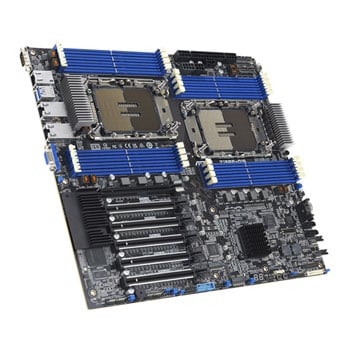I don't think so. You lot usually get this under control yourself, and even the rant threads usually get some good nuggets to the top. The same here, I think. Took only 6 pages to realize the sky is not falling. That is one thing I like about this place, to be honest. People care about FreeBSD, about each other and how to improve things. In the end, if I don't care about something I don't even criticise it. But I see the reason for many a rant is a lack of information (same as happiness, which also is a lack of information).We need total moderator dictatorhip.
So, can we come to a good footing about this or is this one of the few threads that really need to be locked, trashed, put into wet peat and ... you get the idea, yes?


